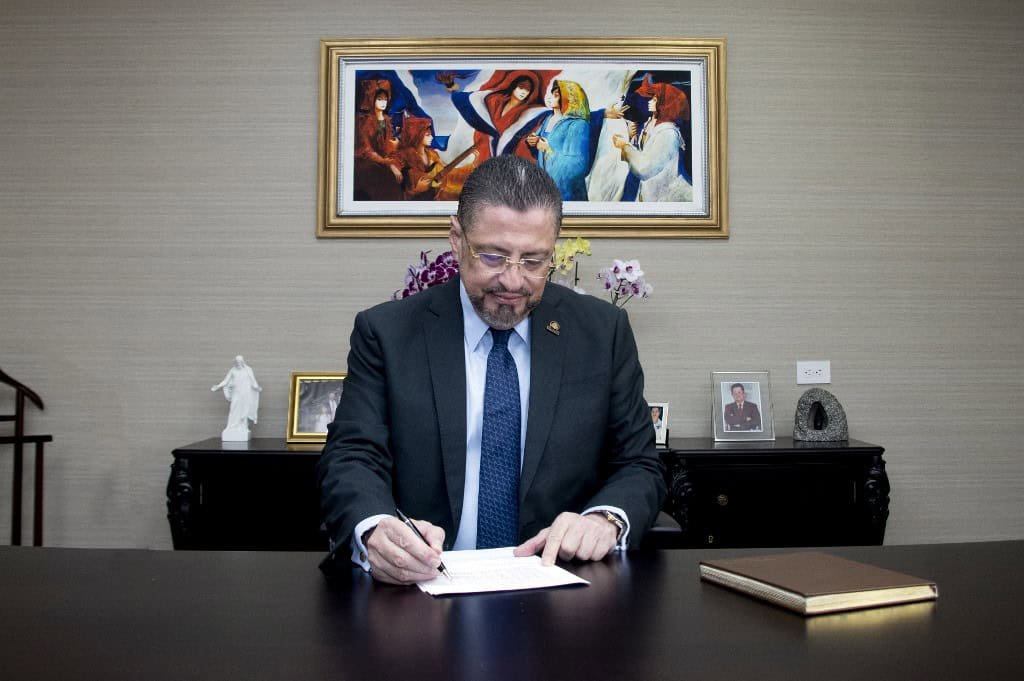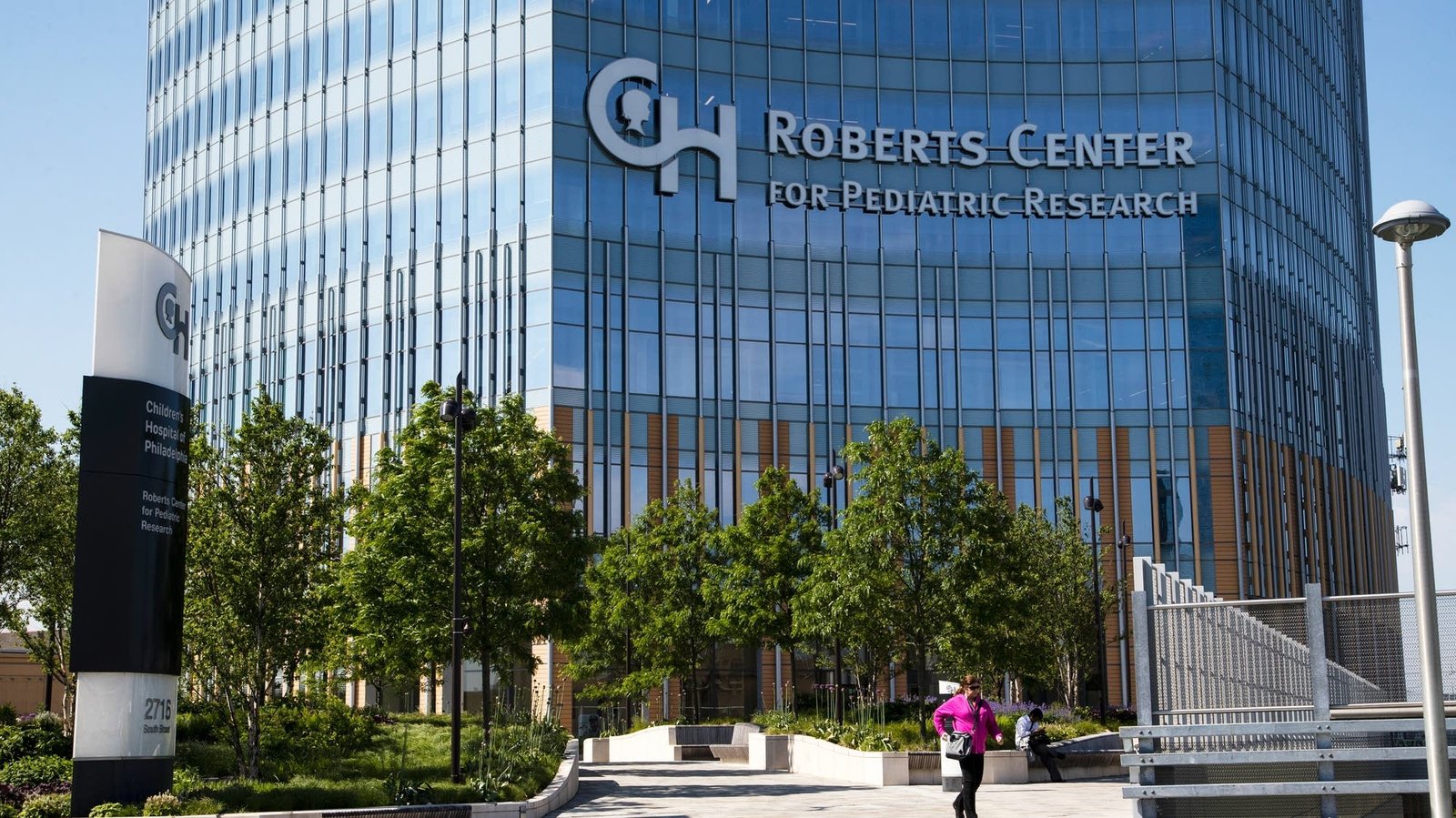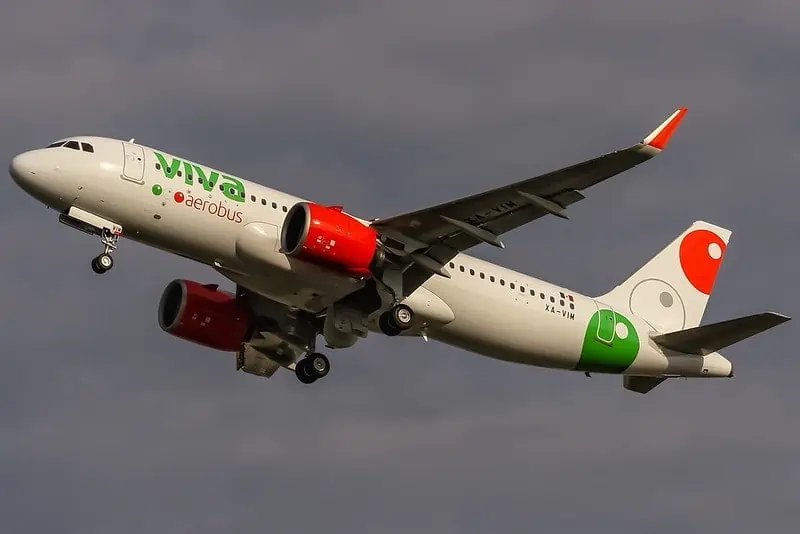President Rodrigo Chaves brushed off concerns about Costa Rica’s surging violence during his Wednesday press conference, insisting the security situation “is not as serious” as critics claim. He blamed judges and lawmakers for the problems, even as his administration oversees the highest homicide rates on record.
Chaves acknowledged the killings are excessive for the country but downplayed the scale. “There are still voices that want to mislead you about the causes of homicides and the public safety disaster, which is not as big as they want to make it out to be,” he said. His remarks followed sharp criticism from Attorney General Carlo Díaz and former President Laura Chinchilla, who testified before Congress’s Security and Drug Trafficking Committee last Thursday.
Chinchilla pinned the blame squarely on the current government. “The security crisis is real, and this administration is primarily responsible,” she stated. She faulted officials for slashing resources to the National Coast Guard Service and Drug Control Police, which she said has fueled drug gang clashes.
Data from the Judicial Investigation Agency backs up the worries. As of August 18, homicides hit 553, nine more than the same point last year. The year could end with 880 to 900 murders, matching 2024’s 880 and 2023’s all-time high of 907. Most killings tie to turf wars among narcos. Chaves’ time in office covers the three bloodiest years: 2022 with 654, then the records in 2023 and 2024.
Even within his team, views clash. Justice Minister Gerald Campos labeled the crisis “critical” in hearings, urging quick fixes. Polls show most Costa Ricans lack faith in Chaves’ ability to curb crime, which ranks as their top worry.
A recent shooting highlighted the fear. On Mother’s Day, August 15, assailants fired into a bar in Lindora, Santa Ana, leaving three dead and two hurt. Victims included bystanders out celebrating, adding to the sense that danger lurks anywhere. Homicides now near 600, sparked by fractured pacts between drug groups.
Chaves sparred with former minister Natalia Díaz, now a candidate, over the response. She slammed his inaction; he shot back, questioning her motives. The fallout spreads as tourism operators fret over U.S. alerts deterring visitors, with bookings down amid safety fears.
U.S. President Donald Trump recently named San Jose among the world’s riskiest cities, comparing it to spots like Bogota and Mexico City. Chaves twisted it, claiming Trump meant the capital feels safer than Washington D.C.
Business groups, including U.S. companies, cite security as a major hurdle. Chaves met U.S. envoys lately, touting joint anti-drug work, yet stats show little progress. Opponents say budget cuts to key units have amplified trafficking. Chinchilla linked weakened patrols to the rise. Residents share stories of avoiding nights out, gripped by anxiety.
Chaves maintains rivals hype it for politics. Still, with deaths mounting and his ratings slipping nine points since April, calls grow for real measures. As 2026 elections loom, security looms large. Families grieve incidents like Lindora’s, pressing for shifts to halt the toll.




